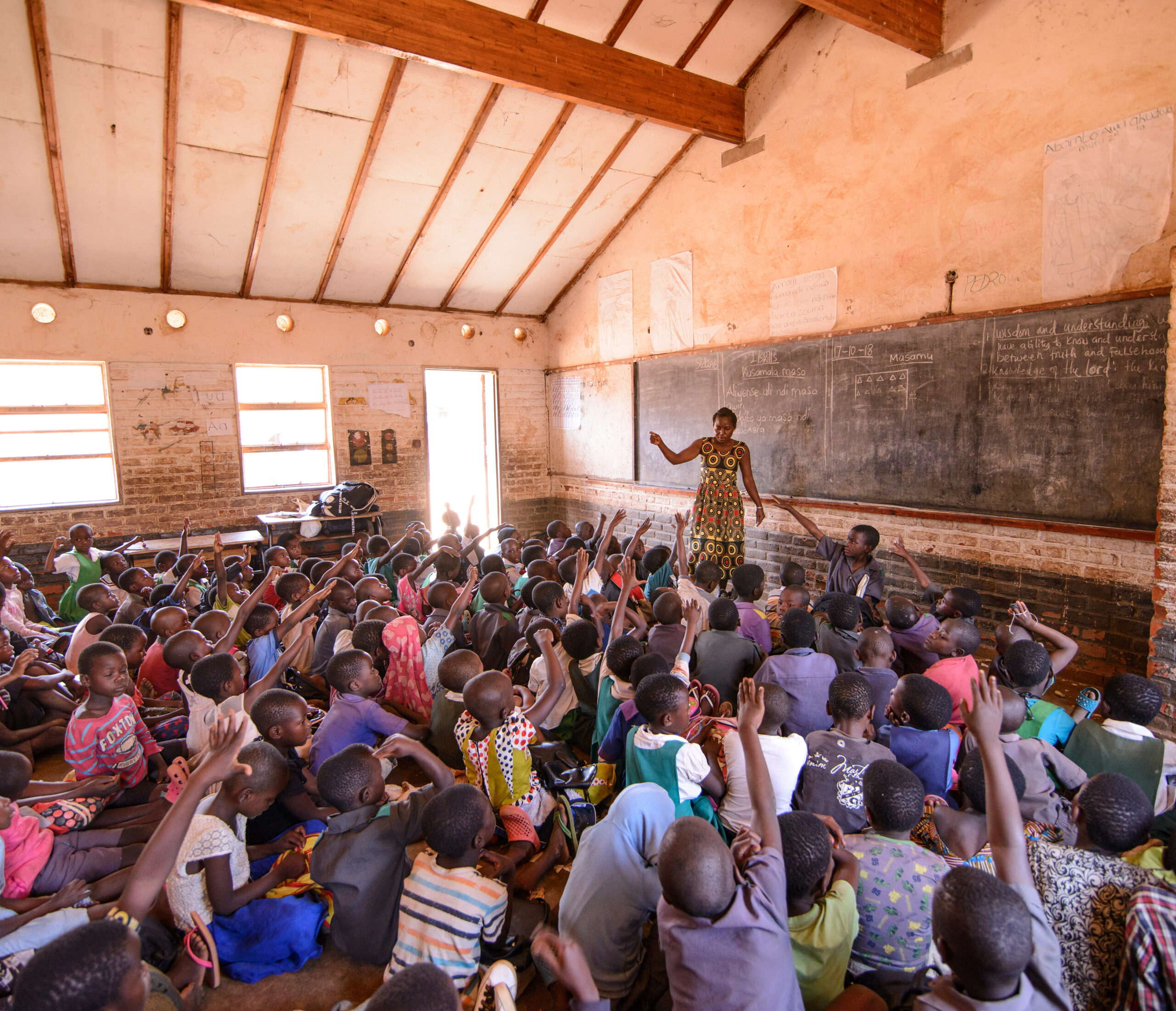

Background
Malawi successfully introduced free primary education in 1994, which has significantly improved access to primary education. However, the country still faces a high learning poverty rate of 87% and there is a pressing need for innovative and transformative approaches to providing foundational education to meet national goals. The task at hand is to make meaningful and effective learning happen.
The BEFIT Solution
Through BEFIT, the Government of Malawi has committed to improve the foundational literacy and numeracy skills of all learners in standards 1-4. BEFIT is massively scalable, evidence-based, and closely aligned with Malawi’s official vision plan which focuses on foundational learning for youth and digital skill development for students and teachers.
An Innovative Edtech Intervention
Child-directed, adaptive learning is delivered to the student on a tablet as part of the school timetable and using lessons that are aligned to the national curriculum. The software is in Chichewa and English and supplements existing teacher-led instruction. Each durable tablet is used by an average of five students for an hour each per day. The model has been successful in pilot programs across Malawi because of its accessibility, efficacy, and affordability.
BEFIT is among the top Priority Programs highlighted by Malawi’s National Planning Commission
Timeline
| Year | % of schools served | Learners served | Teachers trained/ year | Schools/ solar installations |
| Sept 2023 | 8.3% | 300,000 | 5,400 | 500 |
| Sept 2024 | 17% | 600,000 | 5,400 | 500 |
| Sept 2025 | 36% | 1,369,179 | 12,528 | 1,160 |
| Sept 2026 | 55% | 2,103,459 | 12,528 | 1,160 |
| Sept 2027 | 75% | 2,837,739 | 12,528 | 1,160 |
| Sept 2028 | 100% | 3,798,000 | 16,383 | 1,520 |
| Sept 2029 | 100% (6,000 schools) | 15,210,000 (cumulative) | All BEFIT teachers trained | All schools electrified |

